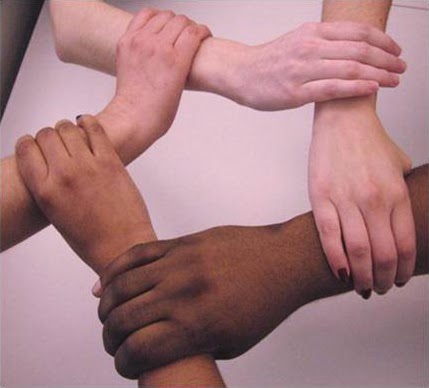Ending downward spirals by replacing them with upward spirals

One of the most interesting aspects of the book The upward spiral by Alex Korb is thinking in terms of downward and upward spirals in human functioning. The concept of a spiral is based on what is called a positive feedback loop, a loop of cause and effect which continues and amplifies itself. A simple example of a positive feedback loop is a microphone which is held closely to a speaker. It will pick up the sound of the speaker and amplifies that again and again and again. The result is a shrill high tone. In human functioning these positive feedback loops can also happen in all kinds of ways. When the consequences of such positive feedback loops are negative we may speak of downward spirals; when they are positive of upward spirals. Such spirals can happen in many areas of life. I will give some examples.






